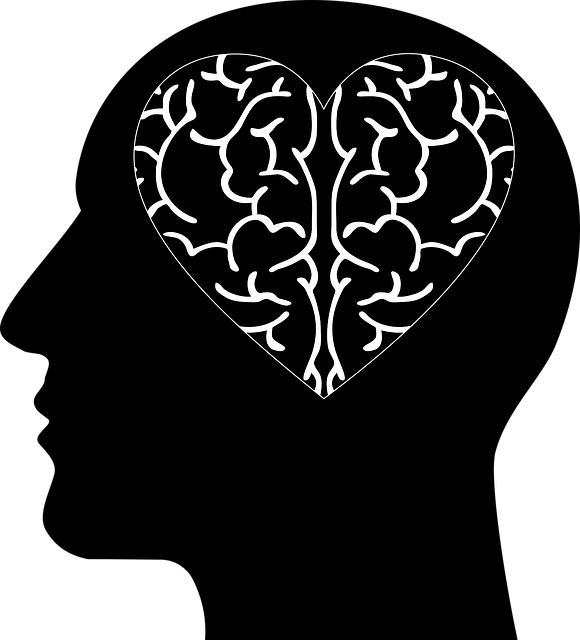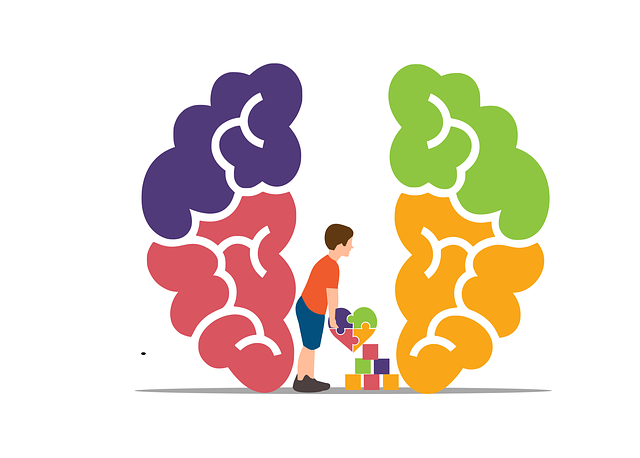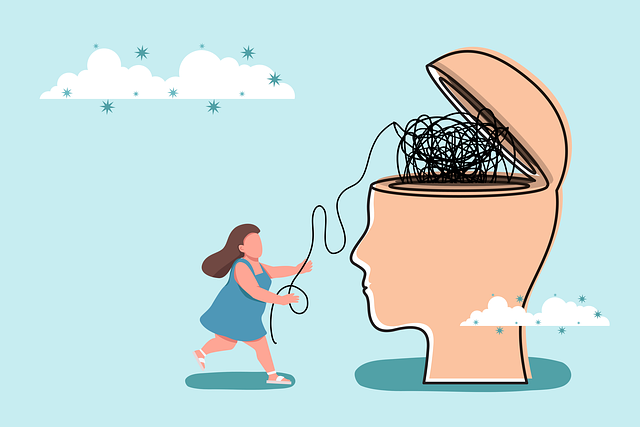Cultural competency in healthcare is essential for delivering quality care in a multicultural society, focusing on addressing adult spiritual and religious issues. Healthcare providers must understand diverse backgrounds and beliefs to bridge communication gaps, improve patient outcomes, and enhance relationships. Integrating spiritual sensitivity into clinical practice involves recognizing faith-based beliefs, values, and practices, leading to more holistic solutions for therapy tailored to individual needs, including anxiety relief and stress reduction. Validating spiritual beliefs, encouraging resilience through faith, and addressing mood management while respecting cultural differences empowers individuals to find solutions aligned with their personal values.
Cultural competency in healthcare is essential for providing quality patient care, especially when addressing adult spiritual and religious issues. This article explores the critical need for specialized training among healthcare providers. We delve into diverse patient experiences, highlighting the importance of incorporating spiritual-religious sensitivity into clinical practice. Additionally, we offer effective strategies for therapists to respect cultural beliefs while delivering tailored therapy. By understanding these aspects, professionals can enhance patient outcomes, fostering a more inclusive and compassionate healthcare environment, particularly when addressing adult spiritual-religious issues.
- Understanding Cultural Competency in Healthcare: The Need for Training
- Adult Spiritual and Religious Issues: A Deep Dive into Patient Experiences
- Incorporating Spiritual-Religious Sensitivity into Clinical Practice
- Effective Strategies for Delivering Therapy While Respecting Cultural Beliefs
Understanding Cultural Competency in Healthcare: The Need for Training

Cultural competency in healthcare refers to the ability of providers to understand and effectively interact with patients from diverse cultural backgrounds. In today’s increasingly multicultural society, this skill is crucial for delivering quality care. Healthcare professionals must be equipped to address not only physical health needs but also the spiritual-religious issues that significantly impact the well-being of many individuals.
The need for training in cultural competency arises from the recognition that differences in culture can influence communication styles, values, beliefs, and expectations regarding healthcare. For instance, what may be considered normal stress reduction methods in one culture might not be accepted in another. Similarly, social skills training becomes essential to bridge these gaps and foster positive patient-provider relationships. Moreover, mental illness stigma reduction efforts can be enhanced when healthcare providers are sensitive to cultural contexts, as they play a pivotal role in encouraging patients to seek therapy for adults with various spiritual-religious issues.
Adult Spiritual and Religious Issues: A Deep Dive into Patient Experiences

In healthcare settings, addressing adult spiritual and religious issues is a critical aspect of cultural competency training. Patients’ spiritual beliefs significantly influence their healthcare experiences and decisions, from choosing treatment options to coping with illness. Healthcare providers who understand and respect these nuances can foster better patient-provider relationships, enhance communication, and ultimately improve patient outcomes. A deep dive into this area reveals diverse patient experiences shaped by various religious practices and spiritual traditions.
Understanding the role of spirituality in a patient’s life involves more than merely knowing their religious affiliation. It requires healthcare providers to explore compassion cultivation practices that can help build resilience, reduce burnout, and enhance confidence. By integrating strategies like mindfulness and empathy-focused therapy for adults with spiritual-religious issues, healthcare professionals can provide holistic care that respects individual beliefs while delivering evidence-based treatments. This approach not only promotes patient satisfaction but also contributes to the overall well-being of healthcare providers, ensuring a more sustainable and compassionate healthcare environment.
Incorporating Spiritual-Religious Sensitivity into Clinical Practice

Incorporating spiritual-religious sensitivity into clinical practice is an essential aspect of healthcare provider cultural competency training. It involves recognizing and respecting patients’ faith-based beliefs, values, and practices, which can significantly impact their health and well-being. Many adults seeking therapy for spiritual-religious issues also struggle with anxiety relief and stress reduction methods. Healthcare providers must be equipped with effective communication strategies to understand these nuanced needs, fostering a safe and supportive environment that promotes open dialogue about sensitive topics.
By integrating spiritual dimensions into clinical care, healthcare providers can offer more holistic solutions, addressing not just the symptoms but also the underlying causes of distress. This approach ensures that patients receive comprehensive care tailored to their unique circumstances, enhancing satisfaction and outcomes in therapy for adults with spiritual-religious issues.
Effective Strategies for Delivering Therapy While Respecting Cultural Beliefs

In delivering therapy for adults with spiritual-religious issues, healthcare providers must adopt a culturally competent approach to ensure effective treatment. It’s crucial to understand and respect clients’ beliefs, values, and practices, which can significantly influence their mental health and well-being. Therapists should create a safe, non-judgmental space where individuals feel comfortable discussing their faith and exploring its impact on their emotional state. By integrating spiritual-religious perspectives into therapy sessions, providers can enhance the therapeutic alliance, improve engagement, and tailor interventions to meet clients’ unique needs.
Effective strategies include incorporating communication strategies that encourage open dialogue about spiritual-religious beliefs, validating these beliefs as valid aspects of identity, and exploring how they might be used as sources of strength or resilience. Addressing mood management and burnout prevention within this context can help therapists support clients in navigating emotional challenges while maintaining their faith’s integrity. This holistic approach not only respects cultural differences but also empowers individuals to find meaningful solutions that align with their personal values.
Cultural competency training is a vital tool in modern healthcare, enabling providers to offer tailored and respectful care. By understanding adult spiritual and religious issues and incorporating this knowledge into clinical practice, we can significantly enhance patient experiences, especially when delivering therapy for adults with spiritual-religious concerns. These strategies ensure that cultural beliefs are not barriers to treatment but rather integral considerations, fostering a more inclusive healthcare environment.












